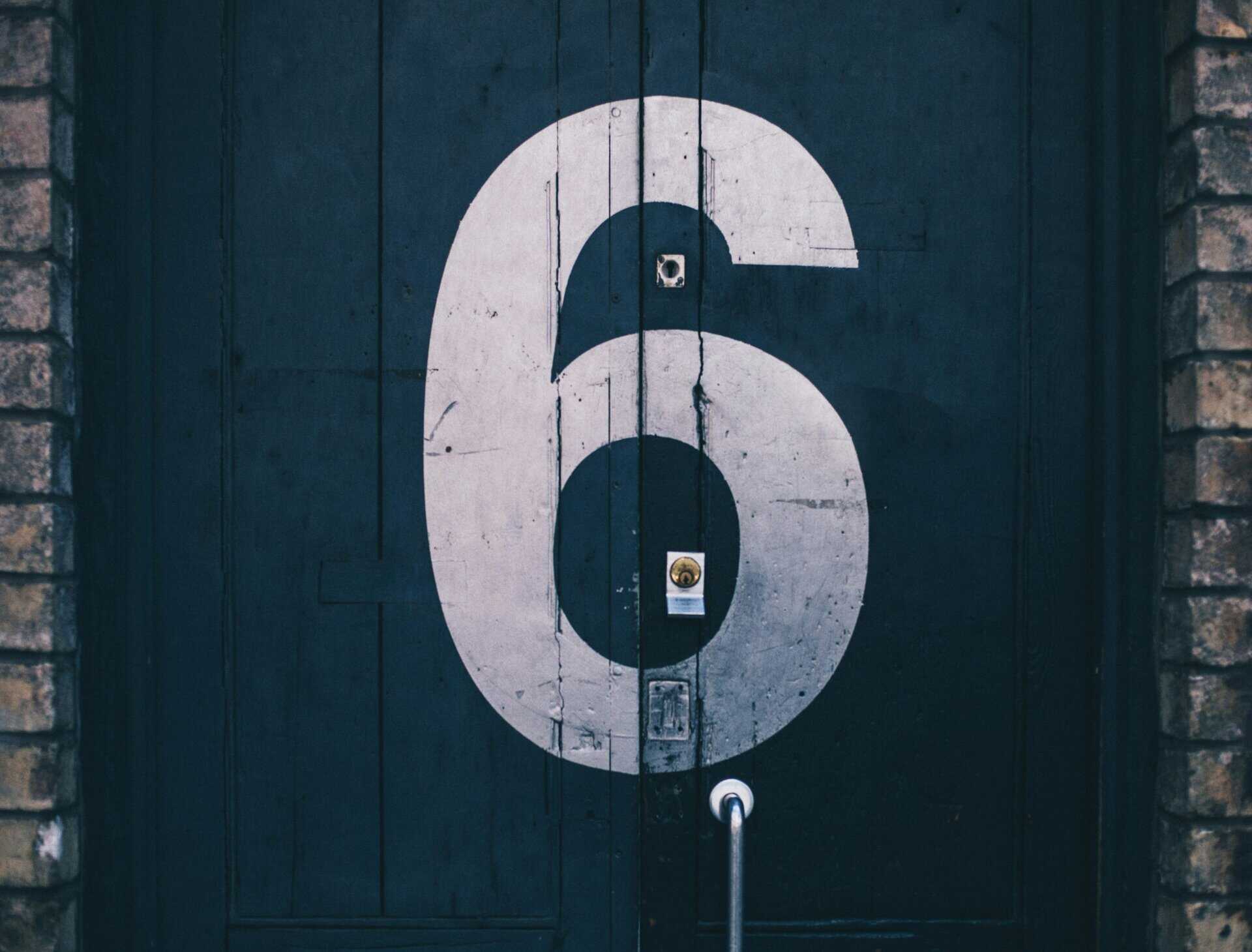
Sleep is the great untapped resource of our busy lives. Over the years, I have seen this in client after client through the FirstBeat heart-rate analytics I use — charting their stress peaks and recovery time in lifestyle coaching. Though sleep doesn’t add to your to-do list (no NutriBullet or fitness mat required) it can completely recharge you after even the most stressful day.
New research constantly reveals why sleep, still largely a scientific mystery, is so vital to our wellbeing. It restores our brains and rests our bodies. If we don’t sleep well or long enough, we miss out on the full benefits, which include muscle repair and memory consolidation.
So how can we make the most of our sleep? This question often comes up when I train teams or individuals. As many as one in four people sleep poorly most nights, according to the Sleep Council.
Here are six common sleep problems — and how to solve them:
1. Technology
Most of us check our phones or laptops before going to bed, yet the blue light that these emit suppresses melatonin, the hormone that helps you to fall and stay asleep.
Reading emails before bed can also trigger stress and anxiety. Almost half of Britons (47%) say stress keep them awake at night, the Sleep Council reports.
If you wake up at night and check the time on your phone, you are immediately drawn into a world of social media and emails — and that blue screen light stimulates your brain all over again.
Sleep solvers
- Use an old-fashioned alarm clock.
- Avoid devices 60–90 minutes before bed.
- Be selective with what you watch on TV at night: the 10 o’clock news causes my own FirstBeat stress levels to go up, affecting my sleep.
- Keep your bedroom calm, well aired and free from technology. Leave your phone downstairs at night.
2. Alcohol
You may think that alcohol means a better night’s sleep. Not so: research shows that although alcohol usually means you doze off quickly, your sleep is often fitful and disturbed. It increases slow-wave sleep in the first part of the night, but reduces rapid eye movement sleep — the stage where memories are stored and learning consolidated.
You may also have to get up in the night to go to the toilet. Not only is your body getting rid of the extra liquid you’ve drunk, but alcohol is a diuretic that encourages the loss of extra fluid through urine and sweat. This could leave you feeling dehydrated.
Sleep solvers
- Try alcohol-free days to give your body a chance to fully recharge.
- Clients’ FirstBeat heart-rate charts often show the impact of alcohol on sleep is dose related. Perhaps moderation is key!
3. Eating late
People who eat fatty foods at night have been shown to sleep less efficiently. Late-night snacking can raise your blood sugar, making it more likely that you’ll experience a blood sugar crash while you sleep — causing the stress hormone cortisol to be released in your body. Eating late can also cause strange dreams and gastrointestinal discomfort, which in turn disturbs sleep.
Sleep solvers
- Aim to have big meals at least three hours before bed.
4. Caffeine
It takes about six hours for one half of the caffeine in your body to be eliminated. One study found even an afternoon coffee could disrupt your sleep, while another showed that a double espresso could shift your body clock by 40 minutes.
Sleep solvers
- Start the day with a strong coffee and then taper your intake to smaller cups of tea through the morning.
- Avoid caffeine after 2pm.
5. Exercise
Thirty minutes of physical activity a day — even if it’s moderate, such as brisk walking, swimming or mowing the lawn — promote day-time alertness and help us feel sleepy at night. Britons who exercise five to six times a week are the least likely to take medication to help them sleep.
People who are physically fitter also tend to be able to deal with stress more effectively. Exercise produces endorphins in your brain that enhance pleasure and act as natural painkillers.
But views differ on whether high-intensity exercise in the evening disturbs sleep: for some it seems to make no difference, while others find it detrimental. Listen to what works for your body and be guided by what you can regularly fit into your schedule.
Sleep solvers
- Experiment with a gentle yoga, Pilates or stretching session in the evening.
6. Winding down
Amid our fast-paced lives, many of us don’t allow any time to wind down before bed, and then we are surprised when we struggle to fall sleep.
Sleep solvers
- According to the Sleep Council, going to bed at a similar time supports good quality sleep.
- Create a bedtime routine that includes time to relax, such as reading a novel or listening to music.
- Consider meditating. You could adapt the LWW body scan (download or listen on SoundCloud; 17 min) as a meditation to relax, rather than hone your focus: in that case, ignore its call of “falling awake”— instead, use it to help you fall asleep.
